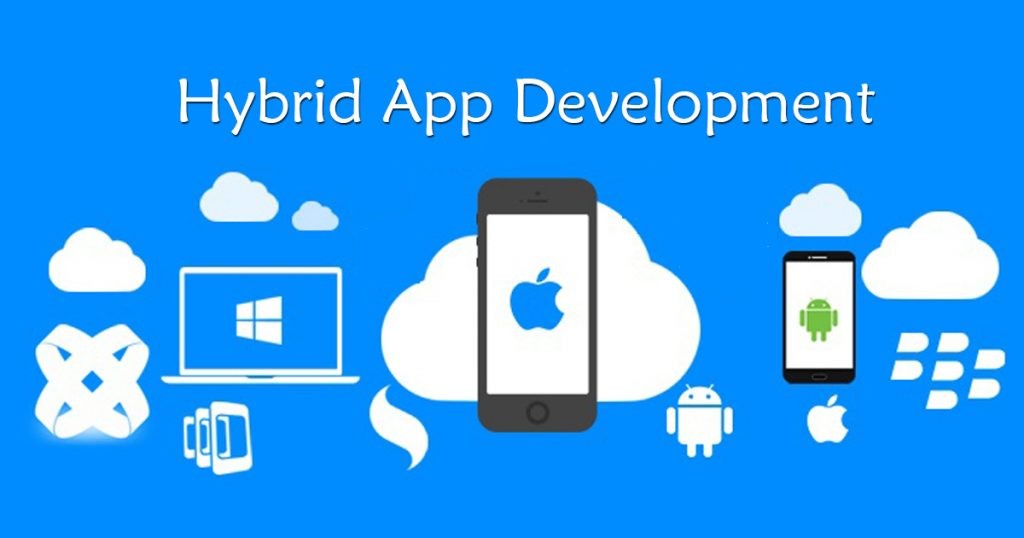What is hybrid mobile app development
Hybrid mobile app development is an approach to programming for mobile applications that combines the strengths of native programming or HTML5 mobile app development. Native programming is like a computer programming that is compiled to run with a Intel x86-class processor and this is a particular processor that is used in native code and also set the instructions. An instruction is an order given to a computer processor by a computer programming. A hybrid application is one that combine all the elements of both both native and web applications.
Hybrid mobile applications are like any other applications you will find on your phone. Those applications are installed on your device and also you can find them in Google app stores, for example- you can play games, connect with your friends or family through social media, take photos, track your location, and many much more things. The major difference is that hybrid applications are hosted inside a native applications that utilizes a mobile platform’s for the WebView in Android. Those capabilities that are often restricted to access from inside mobile browsers. The hybrid applications provide a way for developers to reuse their existing skills in web development and the developers do not like the prospect of getting locked into proprietary platforms. This is include the programming languages and software development kit (SDKs) provided by the platform vendors. These types of application development looks appealing to an organization’s bottom line.
Hybrid mobile applications are developed with a combination of web technologies like Hypertext Markup Language (HTML), Cascading Style Sheets (CSS), and JavaScript and then wrapped in a native application using platforms like Cordova. In hybrid applications you can change platforms anytime you need because Cordova lets you build your own application for more than one platform just by one adding line of code. The major problem with in hybrid applications is that they still depend on the browser, which they are not as fast as native applications. In today’s era, most of hybrid applications leverage Apache Cordova, a platform that are provides a consistent set of JavaScript APIs to access device capabilities through plugins, which are build with native code and also a side note- Apache Cordova originally started as a project named PhoneGap and a PhoneGap exists as a distribution of Apache Cordova that includes additional tools.
We have many tools and framework available to help you create Mobile applications but these seven (7) are the main that are used in hybrid applications
1- IONIC :- This is one of the most promising HTML5 mobile application framework.
2- Mobile Angular UI :- Responsive media queries are stripped out of bootstrap as separate files, you only need to include what you need. It does not have any jQuery dependencies and all you need are some AngularJS directives to create awesome mobile user experiences.
3- Intel XDK :- This provides a live preview on the connected device whilst you are developing along side many other useful tools.
4- Appcelerator Titanium :- It is an open source mobile application framework that provides an environment to create native applications for several mobile platforms.
5- Sencha Touch :- This scores highly against it’s competitors by providing a native look and feel across all of the platforms it supports or It has been in existence for some years now and is popular among hybrid mobile application developers.
6- Kendo UI :- It relies heavily on jQuery and has a number of jQuery based widgets.
7- PhoneGap :- It is the odd one out in this list as it’s not a framework for creating an app, but for packaging and releasing an applications.

